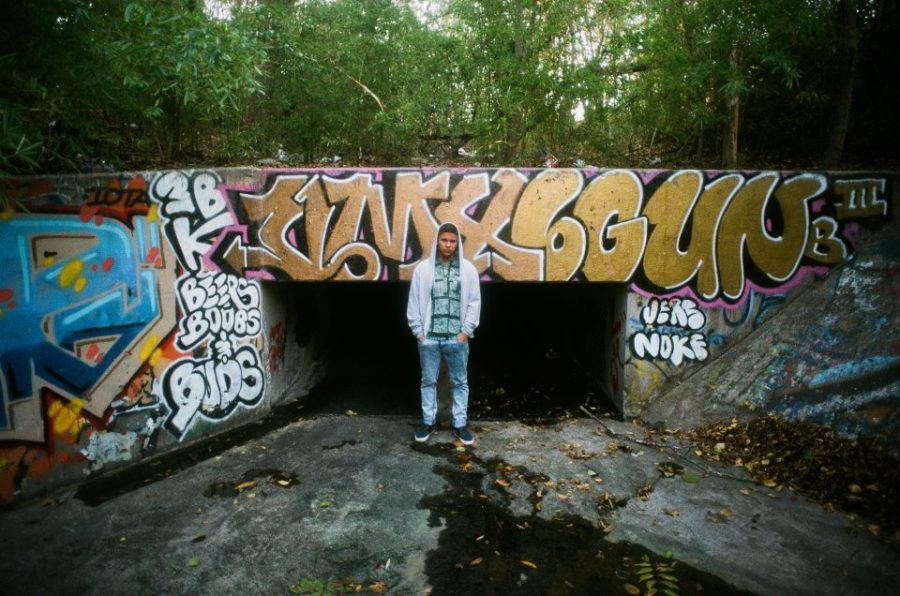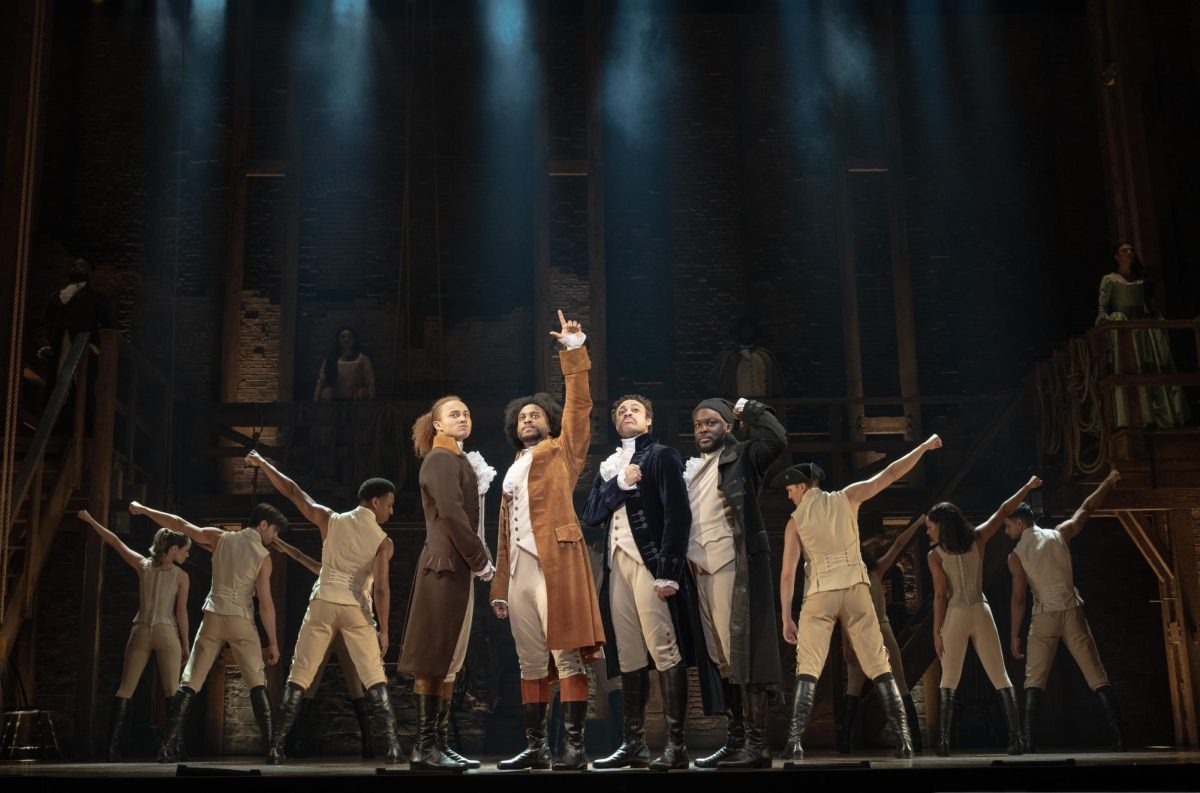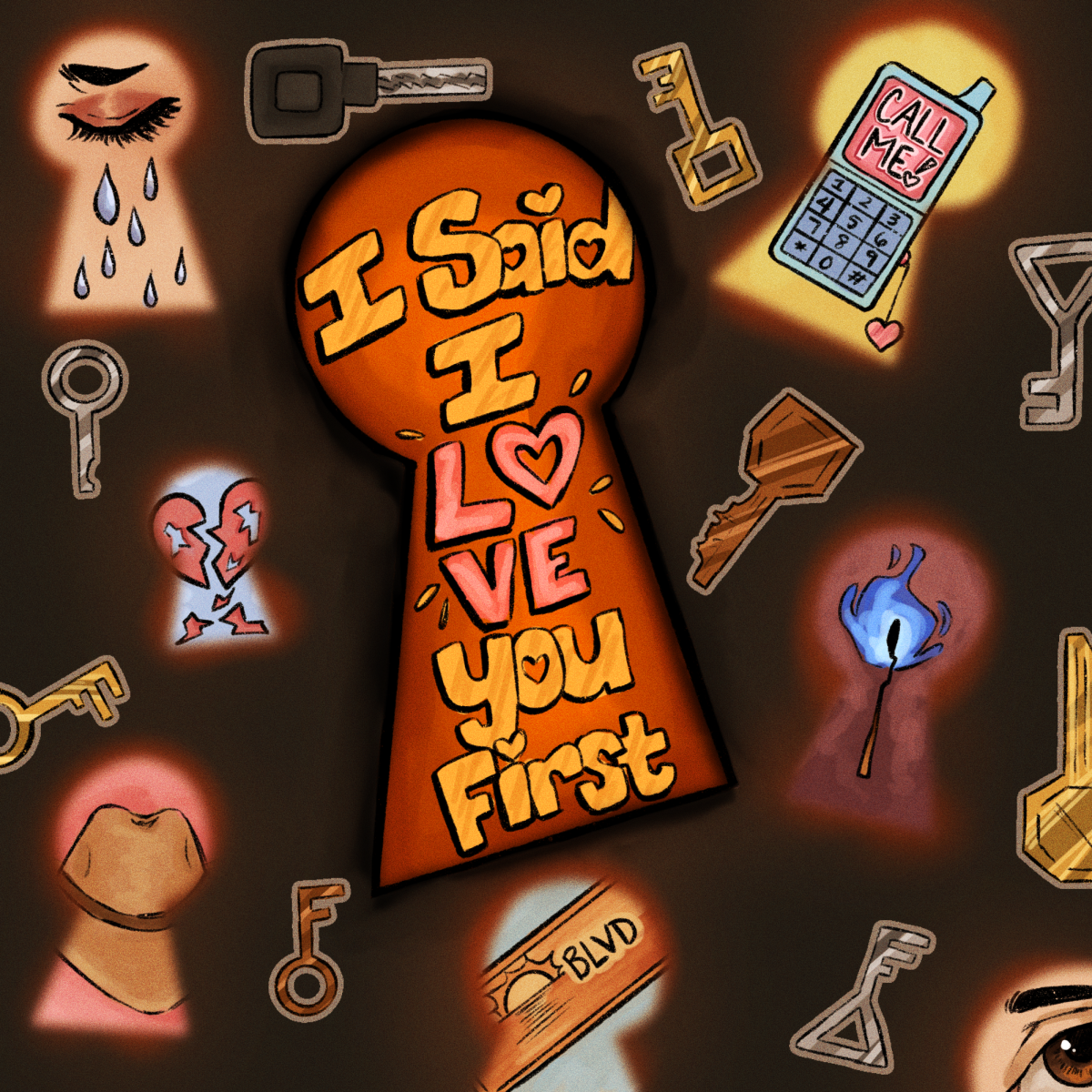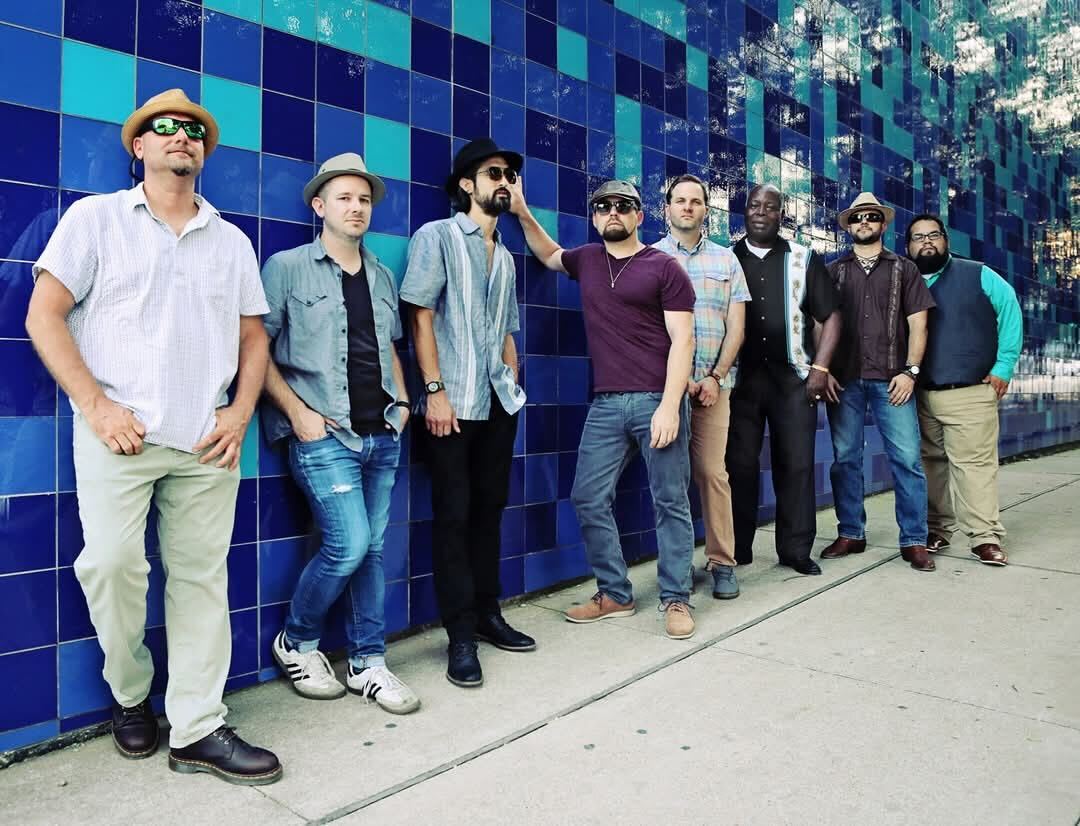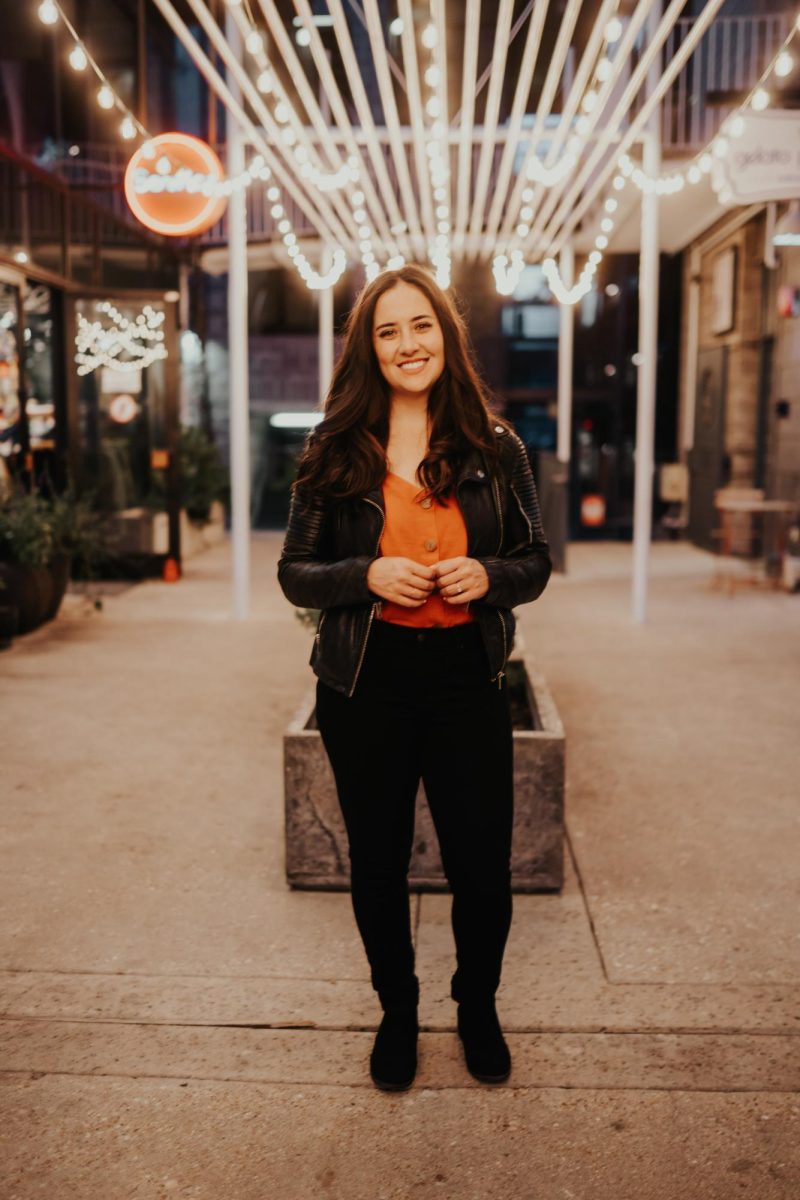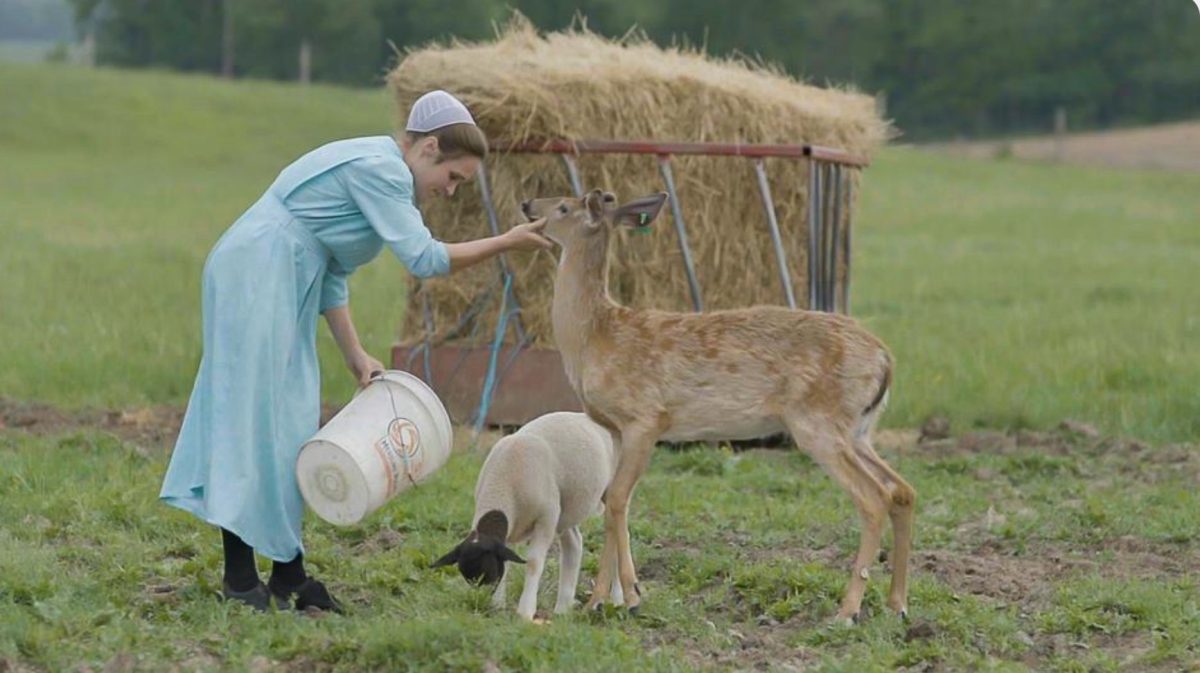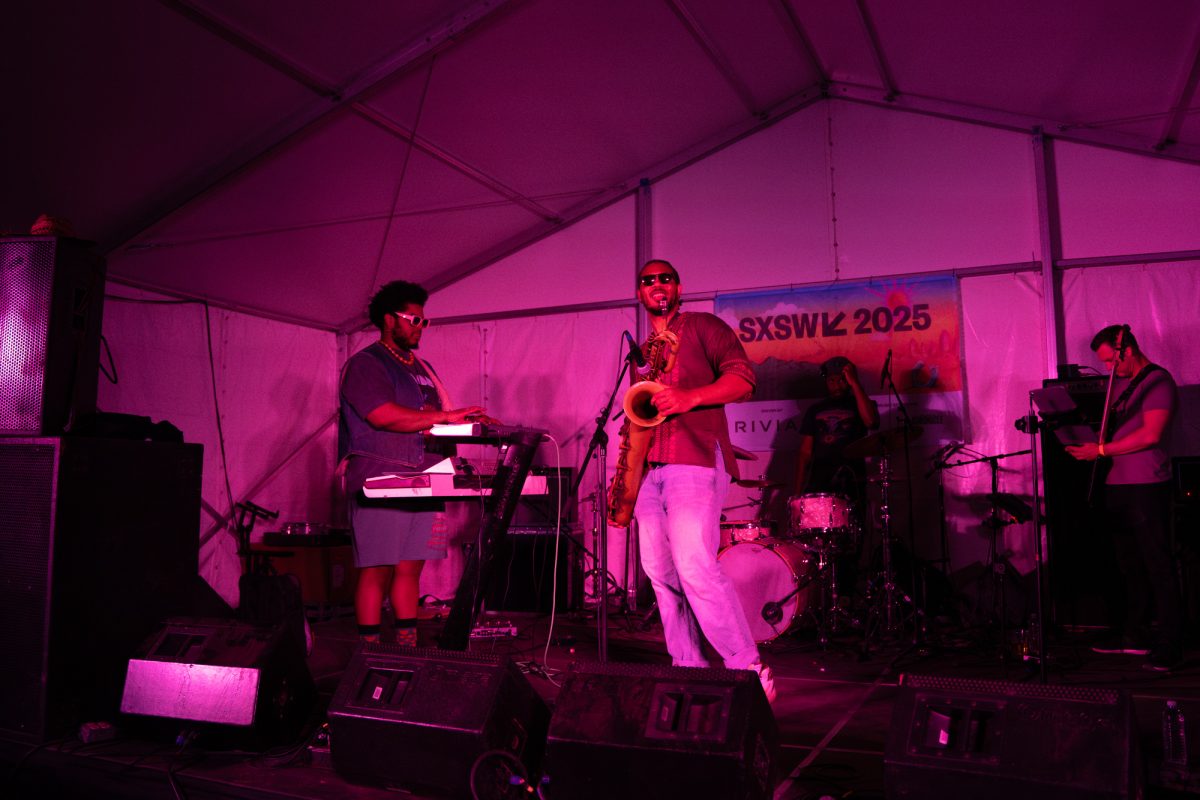Eric Mikulak, better known as rapper Click-Clack, could very well be the face of Austin's ever-growing hip hop scene. The local artist finds inspiration from an assortment of groups, his do-it-yourself ethic bringing to mind alternative hip hop groups such as Death Grips and Odd Future, to name a few. Along with being a talented rapper, Mikulak is a great producer; he splices together ideas and sounds with the utmost precision and detail, his production moody and atmospheric.
Having released his debut full-length album, Housework, Mikulak is ready to take Austin by storm. The artist spoke with The Daily Texan about recording Housework, influences and performing at SXSW.
The Daily Texan: When you were 17, you attended Mediatech Institute of Recording Arts. What would you say, besides the technical aspect of things, was the most important lesson you took out of attending Mediatech?
Eric Mikulak: Your contacts are your everything. I entered the school thinking I would leave a pro-audio engineer, and left a networking musician. I still call Mediatech with all of my audio questions, and am currently dating and collaborating with a student from my class.
DT: Housework is basically your first record, but you've been releasing mixtapes for awhile. Do you feel that as a rapper and producer you needed to refine your sound first before putting out something that reflects you a lot more than your mixtapes, or was it more so finally having the time to focus on a full-length release?
Mikulak: It has been quite a while since I released a mixtape. I think this project was so important to me because it began when I finally felt confident producing myself. I have been recording vocals on my beats for a long time, but it wasn't until recently that I felt my beats were pro quality. Many of the songs on the album went start to finish in one night. It allows me to fall deeper into the vocal pocket when I know all of the details of the beat, and can manipulate them after the fact. This album is me, in its entirety.
DT: There's an eeriness to your music that brings to mind Odd Future and Death Grips, who we've talked about before briefly. Would you say these artists have had an influence on your sound, and how do you go about your production? I've noticed that it isn't like most hip-hop; there's moments of minimalism, and dynamic contrast between transitions.
Mikulak: They influenced my sound merely in the fact that they don't give a fuck what anyone thinks. I love that about both groups. My production process is a little impractical; I just add instruments piece by piece until I have something that resembles a beat. Once I have the individual samples picked for each instrument, I basically wipe the slate and play each part again. Usually I do this a few times, changing the melody and structure, until I feel I have something to write vocals to. Occasionally I even rework the beat after I have already recorded the vocals. I don't really aim to make any style of music in particular; hip-hop is just the most direct form of lyricism to get my ideas across. The beats never really have an idea to start, so they usual turn out pretty abstract.
DT: I noticed that your cadence cannot be simply described with one word. You can go from a relaxed flow to rapid-fire seamlessly. Do you feel that having different cadences betters you as a writer or helps for certain parts of a song to maybe emphasize the production that accompanies it?
Mikulak: Yes. Often I find it hard to maintain the subject matter when I "rapid fire," so I have trained myself to go back and forth. Too many rappers pride themselves on one or the other. I strive for balance in almost every aspect of my life.
DT: Let's talk about your past projects, SiP-SiP and Karmatron. Did you take anything out of being in those groups, maybe for like your onstage persona, or musical ideas?
Mikulak: Karmatron opened my eyes to writing more melodic vocals. It's hard to not sing a little when you have a powerhouse funk/R&B band backing you. As for SiP-SiP, they helped me realize that we all make music because we enjoy it. It was/is a party playing shows with them.
DT: Going back to Housework, where did the name come from? How did the guest contributions from Berkowitz, Brown and Wilkins come about, and was the recording process smooth for the most part?
Mikulak: I have a home studio that I do almost all of my work in. When my friends call or text trying to hang out, there is a 50/50 chance that I will be at my day job or in the studio. Hence the title Housework. Most of my close friends know I might as well be on another planet when I'm recording. As for Daniel, Yadira and Nathan, they are some of my closest friends. [Daniel] Berkowitz recorded his vocals on his own accord, and sent them to me so I just added them in the mix. His verse is awesome. And with Nathan's [Wilkins], I recorded his vocals and ended up making an entirely new track based around them.
DT: You're a part of this year's SXSW, having played two official showcases. Obviously you're excited, but how does it feel to be showcasing a genre that often times isn't associated with Austin?
Mikulak: It feels awesome. I have been attending this festival for as long as I can remember. Genre-wise, the hip-hop scene in Austin is growing at an exponential rate. I feel blessed to be maturing along with it.
DT: What also contributes to your appeal is that you perform with groups from different genres. Do you feel that you're reaching an even wider audience by going this route, and do you also see it as a challenge considering you're taking that route?
Mikulak: I love converting unconventional listeners. I've spent my whole life dealing with racial issues, so in many lights I am used to being judged. Regardless of if they like my style, I make music to verbalize my opinions; the more strangers the better.
DT: You're 21 and taking big steps to get what you want. Was there a certain performance or moment when you realized that your dream was attainable? Just one of those moments where you were like, "Wow, people like this and I'm going to give them more."
Mikulak: I don't really have a dream. I make music because it calms me when I feel like my life has no purpose. It's awesome that people can relate, and I hope that listening can help them with their issues as well. I am terrified by the responsibilities of fame.
DT: What's next for you?
Mikulak: Tomorrow is next, and then the next day.

